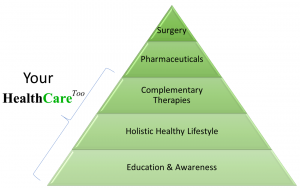Mindful of Your HDL Cholesterol Levels

For many years the link between psychological well-being and lipid profiles has been studied. Initially, it was found that there was a negative correlation between cholesterol and moods. This means that as cholesterol levels increased, mood decreased. Following studies identified links between cholesterol and mental disorders. In this recent study, researchers have examined whether psychological well-being can be used to predict blood lipid profiles.
This study, published in Lipids in Health and Disease, used a theory-based formulation of “eudemonic” well-being, which includes various aspects of well-being such as autonomy, environmental mastery, personal growth, positive relations with others, purpose in life, and self-acceptance. This longitudinal study, called the midlife in the U.S. (MIDUS) study, followed 1,054 individuals for ten years to evaluate the relationship between psychosocial factors and health. The researchers of this study tested if consistently high levels of well-being gave rise to better lipid profiles when compared to individuals with consistently low levels of well-being.
Psychological Well-being Predicts Physical Well-being
The results of this study demonstrated that some individuals showed consistently high levels of well-being over time, while other individuals possessed consistently low or moderate levels of well-being. After adjusting for the effects of demographics, health behaviours, medications, and insulin resistance, the results showed that individuals with consistently high levels of environmental mastery and self-acceptance, two components of psychological well-being, had significantly higher levels of HDL cholesterol and significantly lower levels of triglycerides compared to those individuals with consistently low levels of well-being. However, no link was found between the levels of well-being and LDL cholesterol levels within the results of this study.
Our Model




